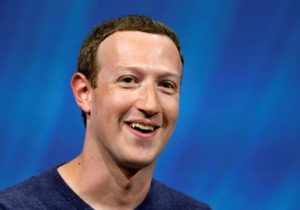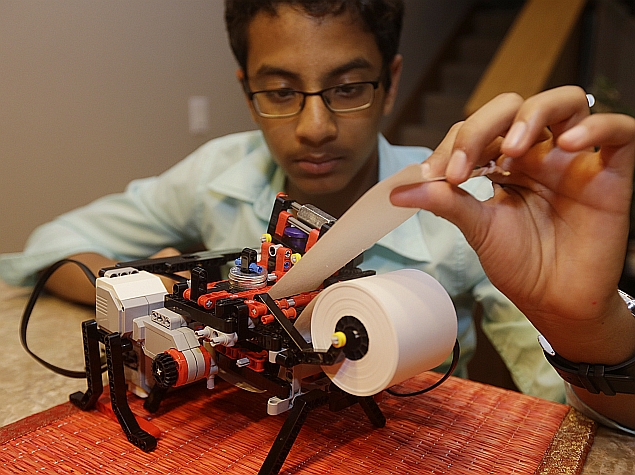Fresh Check is an example of entrepreneurship that comes to us from the UK – where one of its cofounders Alex Bond makes his home. Fresh Check is a company that ultimately aims to reduce both the amount of food that is wasted in the world, and also to keep consumers healthy by avoiding foods that may be contaminated or outdated. Their product is a spray – one that when sprayed on packaging used to store food changes color depending on whether or not the sprayed area is contaminated. If the food is safe to eat, the sprayed area turns blue, but if the food is not safe to eat, the color turns to orange. Originally this product was made to be used on food packaging specifically, but the company has since made it an adaptable product that can also be used in restaurants and hospitals.
I found the thought process behind Fresh Check was very helpful and practical. The founders started with a problem (an awareness of the dangers of poor hygiene in food packaging), and then decided to search for a solution by taking their area of expertise and seeing how the knowledge that they already had could be applied. As the founders were at the time PhD students in Chemical Biology, “a biotech-style solution seemed like the most obvious fit.” They claim that this method of approaching the problem really paid off in the long run for them. The developers at Fresh Check have a vision for the future in mind too, as they plan to release a line of other food hygiene related products.
Read more at https://qeprize.org/news/fresh-check-smart-solution-food-spoilage.





 What started as a three-person team making t-shirts in a garage grew into a huge company of more than 500 employees across the US, Mexico, and Europe. In 2013, when Davis Siksnans was only 22 years old, he co-founded the business
What started as a three-person team making t-shirts in a garage grew into a huge company of more than 500 employees across the US, Mexico, and Europe. In 2013, when Davis Siksnans was only 22 years old, he co-founded the business :max_bytes(150000):strip_icc():format(webp)/willowtufano-3850d63f527f4280bae28c3611d1e185.jpg)
